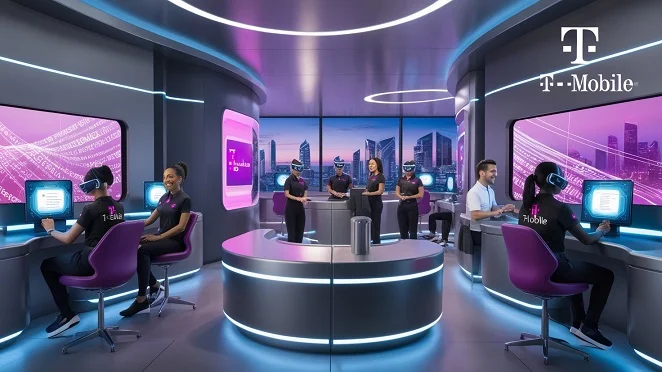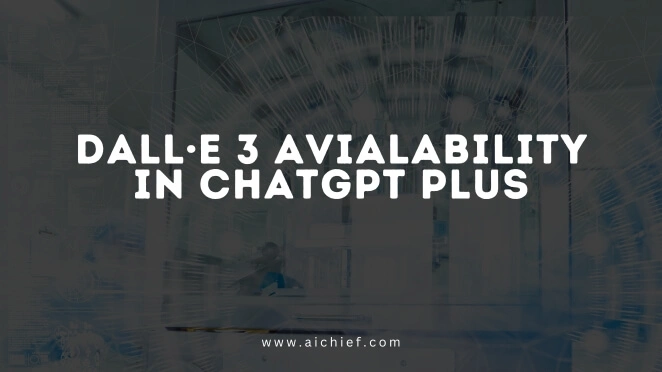In the fast-paced world of artificial intelligence, Augmented Intelligence is making its mark with a new door of innovation and creativity. Recently emerging from stealth mode, the startup has secured $44 million in funding, led by former IBM President Jim Whitehurst. Using symbolic AI, Augmented Intelligence aims to create smarter and more predictable chatbots.
This technology relies on rules to solve tasks, allowing it to handle problems that traditional neural networks struggle with. With its fresh take on AI, Augmented Intelligence is set to change how we interact with technology.
Augmented Intelligence has also introduced a new AI model called “Apollo” that cleverly combines two opposing technologies: neural networks and symbolic AI.
How Augmented Intelligent Models Are Redefining AI Standards
This innovative model stands out for delivering more predictable and user-friendly responses, which many are calling “agentic”—a buzzword in the latest AI discussions. With Apollo, Augmented Intelligence aims to create a more cohesive and effective solution for users.
For example, instead of just giving basic flight booking instructions, a business customer could use Augmented Intelligence AI to get a list of fares and book a flight directly.
But can’t ChatGPT do that already? Yes, CEO Ohad Elhelo acknowledges, but he argues it takes more setup and manual integration than what Augmented Intelligence offers.
CEO Ohad Elhelo:
“There’s a big difference between chatbots like ChatGPT, whose primary goal is to chat with the user, and conversational agents that take actions or work on behalf of companies. Once you connect the AI to tools — either to retrieve information or to act — the model is not relying anymore on its training data, and the quality of intelligence drops dramatically.”
Augmented Intelligence’s AI powers chatbots that answer various questions, like “Do you price match this product?” It integrates smoothly with a company’s APIs and workflows, using data from tens of thousands of customer service agents for training.
So, why choose Augmented Intelligence over other vendors? CEO Ohad Elhelo claims their AI excels at pulling in external information to complete tasks, outperforming traditional neural network solutions.
The AI also offers transparency by logging its responses and reasoning, helping companies fine-tune performance. Importantly, it uses only approved resources and doesn’t train on a company’s data.
Company Fact Sheet:
“Apollo does not require training on company information and takes into consideration the deploying company’s rule-based instructions.”
Another standout feature of Augmented Intelligence is that it doesn’t train on customer data, unlike many other companies, such as LinkedIn, which has been called out for using user data for training.
However, Elhelo makes some questionable claims, like saying their AI can “eliminate hallucinations.” Still, the 40-employee company is finding success, recently securing a partnership with Google Cloud to bring its models to the platform.
While Elhelo didn’t share revenue details, he revealed that their last $10 million fundraising round valued the company at $350 million. That’s a notable figure for an AI startup that just launched its product and wasn’t founded by an industry giant.
Elhelo:
“Traditional language models rely on transformer architectures, which excel at pattern recognition and language generation. However, these architectures fall short in situations where the model needs to perform actions, make decisions, or interact with tools. Apollo’s neuro-symbolic architecture and possibilities it unlocks for companies … solves those problems.”












